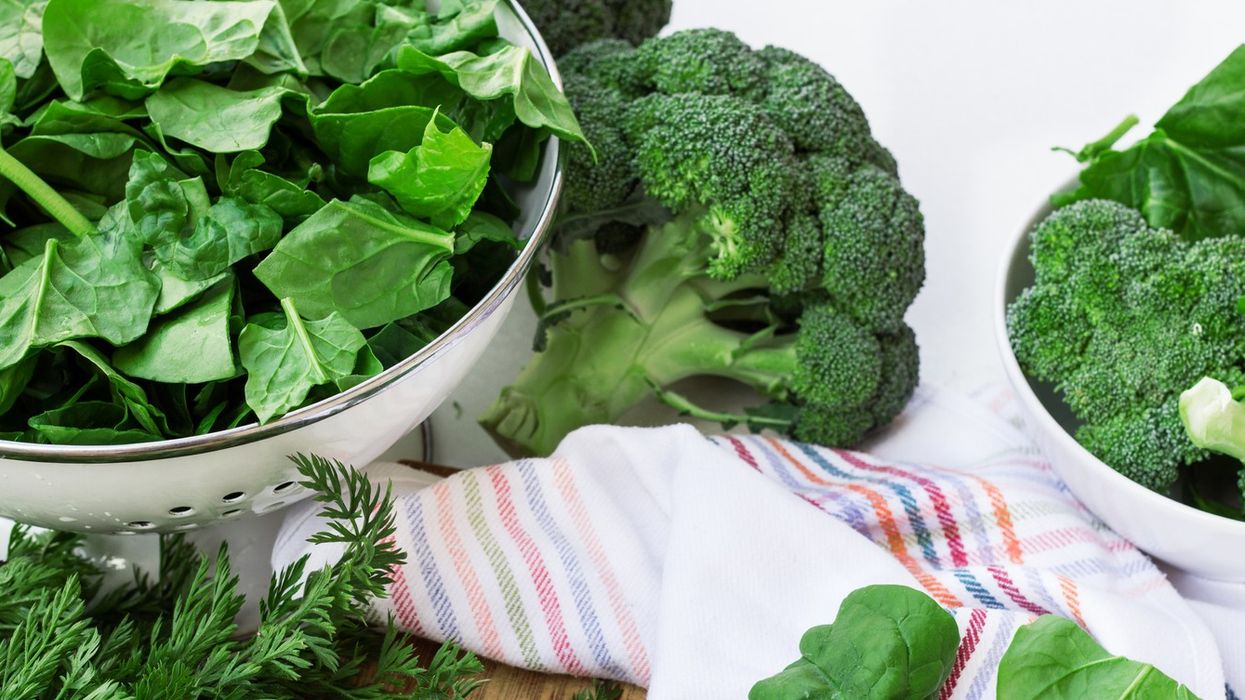People who eat or drink more foods with antioxidant flavonols, which are found in several fruits and vegetables as well as tea and wine, may have a slower rate of memory decline, according to a study published in the November 22, 2022, online issue of Neurology, the medical journal of the American Academy of Neurology.
"It's exciting that our study shows making specific diet choices may lead to a slower rate of cognitive decline," said study author Thomas M. Holland, MD, MS of Rush University Medical Center in Chicago. "Something as simple as eating more fruits and vegetables and drinking more tea is an easy way for people to take an active role in maintaining their brain health." Flavonols are a type of flavonoid, a group of phytochemicals found in plant pigments known for its beneficial effects on health.
The study involved 961 people with an average age of 81 without dementia. They filled out a questionnaire each year on how often they ate certain foods. They also completed annual cognitive and memory tests including recalling lists of words, remembering numbers and putting them in the correct order. They were also asked about other factors, such as their level of education, how much time they spent doing physical activities and how much time they spent doing mentally engaging activities such as reading and playing games. They were followed for an average of seven years.
The people were divided into five equal groups based on the amount of flavonols they had in their diet. While the average amount of flavonol intake in US adults is about 16 to 20 milligrams (mg) per day, the study population had an average dietary intake of total flavonols of approximately 10 mg per day. The lowest group had an intake of about 5 mg per day and the highest group consumed an average of 15 mg per day; which is equivalent to about one cup of dark leafy greens.
To determine rates of cognitive decline, researchers used an overall global cognition score summarizing 19 cognitive tests. The average score ranged from 0.5 for people with no thinking problems to 0.2 for people with mild cognitive impairment to -0.5 for people with Alzheimer's disease.
After adjusting for other factors that could affect the rate of memory decline, such as age, sex and smoking, researchers found that the cognitive score of people who had the highest intake of flavonols declined at a rate of 0.4 units per decade more slowly than people whose had the lowest intake. Holland noted this is probably due to the inherent antioxidant and anti-inflammatory properties of flavonols.
The study also broke the flavonol class down into four constituents: kaempferol, quercetin, myricetin and isorhamnetin. The top food contributors for each category were: kale, beans, tea, spinach and broccoli for kaempferol; tomatoes, kale, apples and tea for quercetin; tea, wine, kale, oranges and tomatoes for myricetin; and pears, olive oil, wine and tomato sauce for isorhamnetin.
People who had the highest intake of kaempferol had a 0.4 units per decade slower rate of cognitive decline compared to those in the lowest group. Those with the highest intake of quercetin had a 0.2 units per decade slower rate of cognitive decline compared to those in the lowest group. And people with the highest intake of myricetin had a 0.3 units per decade slower rate of cognitive decline compared to those in the lowest group. Dietary isorhamnetin was not tied to global cognition.
Holland noted that the study shows an association between higher amounts of dietary flavonols and slower cognitive decline but does not prove that flavonols directly cause a slower rate of cognitive decline.
(ANI)




